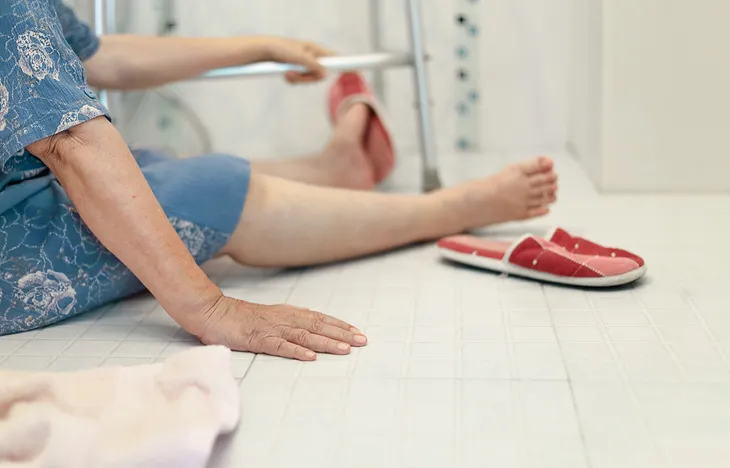We may joke a bit about having a “senior’s moment” – otherwise, a lapse in memory or judgment based on advanced age. However, there’s nothing funny about Alzheimer’s disease (a form of dementia), as it is fatal and not the same as regular cognitive decline due to age.
The Alzheimer Society of Canada notes that about 40-percent of people aged 65-and over will experience “some form of memory loss” without an underlying health cause, but there are noticeable differences from any form of dementia. Here are six characteristics that divide “age-associated memory impairment” from Alzheimer’s…
Want senior content delivered straight to your inbox? Sign up for our exclusive email list and receive articles and news on diet & nutrition, fitness, and mental health dedicated specifically to our senior audience!
Losing Ability to Perform Routine Tasks
The Alzheimer’s Association based in Chicago said that while age might give you pause when operating a familiar piece of equipment like a microwave, or trouble remembering how to program your television to record a show, that’s not the same as Alzheimer’s.
The source explains that Alzheimer’s can make it tough to perform daily tasks, and it can go further – the patient may forget how to drive to a location they go to regularly, or they might have trouble managing their budget.
Trouble Recalling the Right Words
LiveScience.com explains that those with normal decline from aging may have to pause to consider how to express what they want to say. However, those with Alzheimer’s will have more difficulty when it comes to verbal communication, it adds.
The source explains that a person suffering from Alzheimer’s will have trouble engaging in conversation, or is prone to “stopping in the middle or repeating themselves.” They may also start calling familiar objects by the wrong name, it adds.
Forgetting the Names of Family Members
We’ve probably all had those moments where we struggle to remember the name of someone we just met at a party, or an acquaintance we bump into on the street. However, while having to ask again for the name of someone we don’t know very well isn’t too alarming, those with Alzheimer’s will take this to the next level.
Alzheimer Society Canada explains this misplacement of names can extend to family members and others the patient sees on a daily or regular basis. It can also mean the patient doesn’t recognize a family member, and it can go without saying how upsetting this may be for a loved one.
Misplacing Objects
Who reading this hasn’t forgotten where they put their keys at some point? This can be from getting distracted, or trying to juggle too many tasks at once. However, a person with normal memory loss will still identify that they need those keys or glasses to complete tasks. (For more information, check out When Memory Loss Has Nothing To Do With Alzheimer’s).
LiveScience explains in an Alzheimer’s patient, they may lose an object “and then not be able to find it later because they don’t identify the object, such as a purse, as their own.” For example, while one person may lose their glasses, they’ll actively search them out – while a patient with Alzheimer’s may not remember they need glasses at all, it adds.
Having Moods that Don’t Match the Situation
OnMemory.ca explains it’s more than just memory recall as a marker of normal aging vs. having Alzheimer’s. In normal aging, a person will still experience mood changes “because of an appropriate cause,” says the source.
However, those with early signs of Alzheimer’s may have unexpected mood swings that don’t seem to match their circumstances, it adds. The source reminds us that certain medications can have side effects that affect mental function, so you may want to consult a physician to rule out that first.
Balance Problems
SeniorsMatter.com explains that there’s often a physical impact to Alzheimer’s along with memory loss and mood changes. In particular, someone with the disease may be more prone to falling, which can sometimes be overlooked as a side effect of medications or be a result of normal aging, it explains.
The source explains that the risk of falling increases as dementia progresses, adding a 2009 study shows elderly people with dementia are 8-times more likely to fall than older people who have not been diagnosed with a form of dementia. “As memory issues arise, the risk of injury due to falling also increases,” it notes. Fine motor skills also degrade as the disease progresses, notes the source.









